-
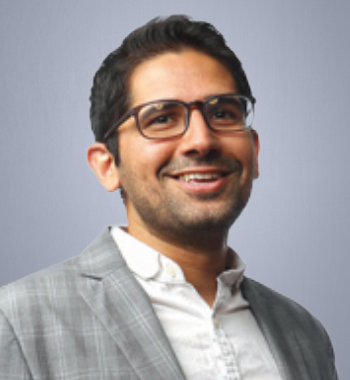
Research Focus: worker wellbeing, firm productivity, women empowerment
Achyuta Adhvaryu is the Tata Chancellor’s Endowed Professor of Economics and the inaugural director of the 21st Century India Center at the School of Global Policy and Strategy at UC San Diego. He is also the co-founder of Good Business Lab, a global nonprofit focused on rigorous research and action at the intersection of worker wellbeing and business interests. His research focuses on firm decision-making and productivity in emerging markets, healthcare delivery in low-income contexts, and the long-run economic impacts of early life events, with extensive work across South Asia, sub-Saharan Africa, Latin America and the Caribbean, and the United States. He holds a Ph.D. in economics from Yale University and was previously a member of the faculties at Yale and the University of Michigan.
-
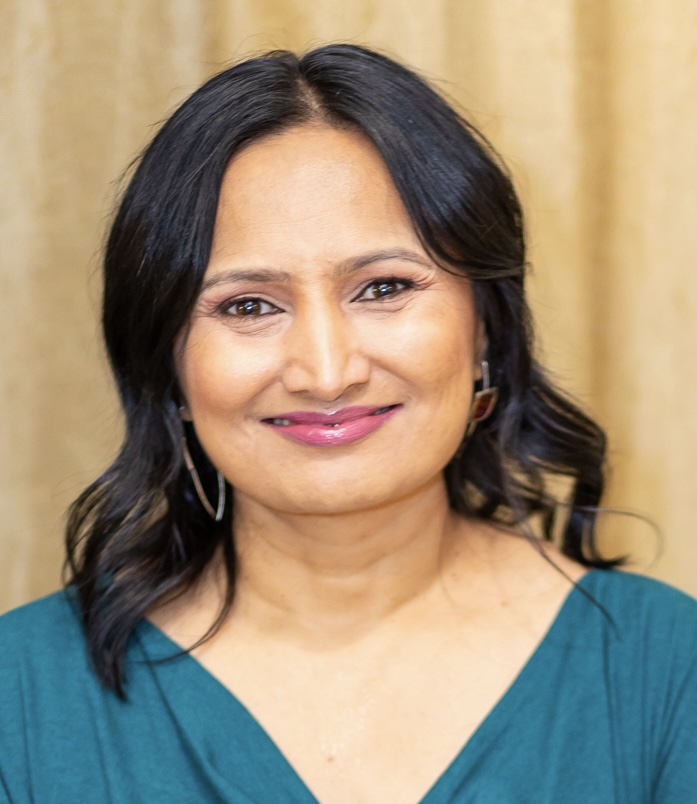
Lisa Patel
Lisa Patel is assistant director of the 21st Century India Center. She is a former U.S. diplomat and development expert well-versed in foreign policy and global health issues, especially in South Asia. Serving as a foreign service officer for over a decade with the U.S. Agency for International Development (USAID), she managed complex multimillion-dollar U.S. government-funded development projects, particularly focused on health throughout Africa and Asia. Patel holds a Ph.D. in maternal and child health from the University of North Carolina at Chapel Hill. She also has a master’s in public health from the University of California, Los Angeles and a B.A. from the University of California, Berkeley. She is fluent in Hindi and Gujarati and has deep experience living in and supporting research and development programs throughout North India for her academic studies and professional work assignments.
Our People
UC San Diego is a global society of scholars dedicated to the advancement of knowledge through education and research. The 21st Century India Center will support faculty and research affiliates from a variety of disciplines including business and management, economics and political science, health and more from across campus.
Leadership
Faculty Affiliates
-
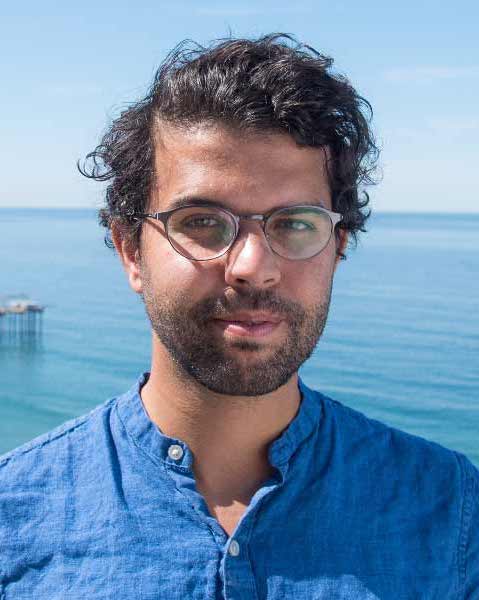
Research Focus: environmental epidemiology, climate change and health, climate change impacts and adaptation
Tarik Benmarhnia is an environmental epidemiologist with University of California San Diego’s Scripps Institution of Oceanography. His research interests include the impact of extreme weather events on human health in the context of climate change and advancing the notion of vulnerability and its implications for public policy. He also develops methodological approaches in order to evaluate the health impact of environmental policies such as climate change adaptation measures and air pollution regulations. Benmarhnia was recently selected as an associate editor for Environmental Health Perspectives. He also has given several public lectures including at the Fleet Science Center and has been featured in various publications such as Vice, Los Angeles Times, Wired, National Geographic and more.
-
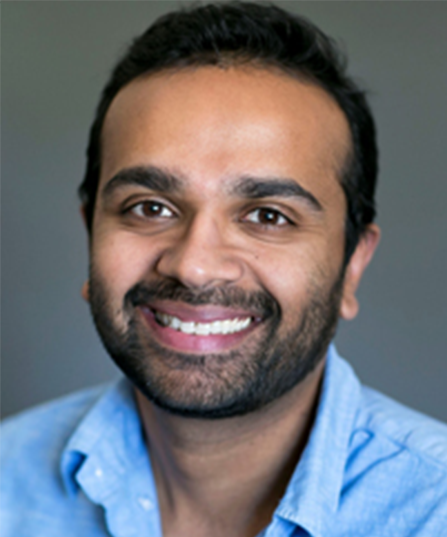
Research Focus: fertility and labor markets, health impacts of air pollution
Prashant Bharadwaj is professor in the Department of Economics. His research interests are development and labor economics, with a focus on the interactions between fertility, health and labor markets. His research on India has included studies on infant mortality rates, population transfer, child labor, gender-based sexual violence and more. Bharadwaj is currently a co-editor at Journal of Human Resources and an associate editor at the Journal of Development Economics and the Journal of Health Economics.
-
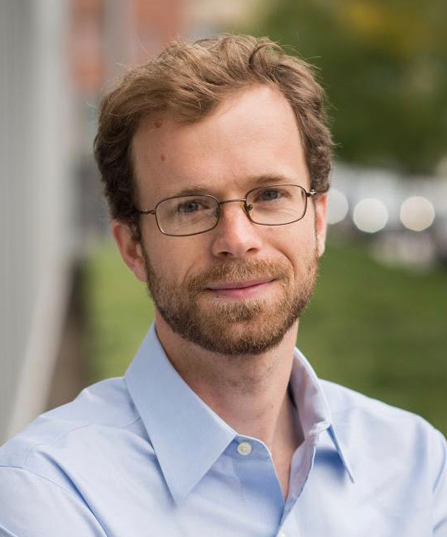
Research Focus: emerging electricity markets, including China and India
Michael Davidson is an associate professor jointly appointed at the School of Global Policy and Strategy and the Mechanical and Aerospace Engineering Department at UC San Diego, where he leads the Power Transformation Lab. Davidson’s teaching and research focus on the engineering implications and institutional conflicts inherent in deploying low-carbon energy at scale to mitigate environmental harms, specializing in applications to China, India, and the U.S. Michael holds a Ph.D. in engineering systems and an S.M. in technology and policy from MIT, and a B.S. in mathematics and physics and a B.A. in Japanese studies from Case Western Reserve University. He has held a post-doctoral fellowship at the Harvard Kennedy School’s Belfer Center for Science and International Affairs and received a Fulbright Fellowship to Tsinghua University.
-
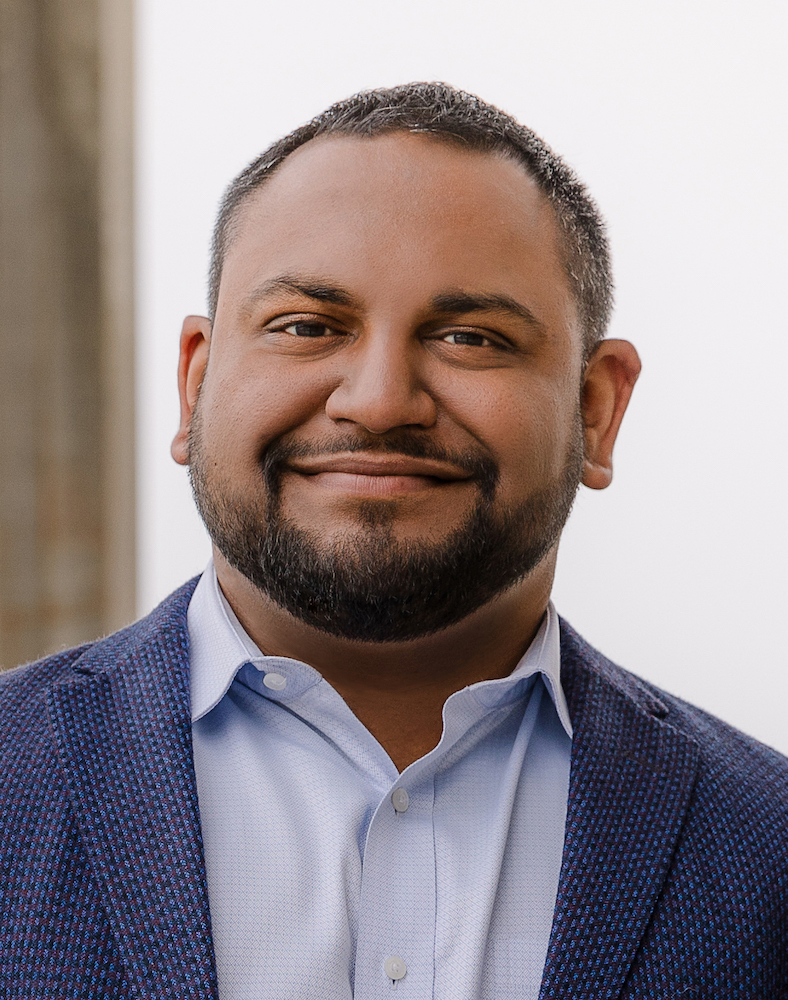
Research Focus: health and environmental economics, climate change
Teevrat Garg is an associate professor of economics at the UC San Diego School of Global Policy and Strategy. His research focuses on environmental policy and energy transitions in low- and middle-income countries. His current portfolio of research involves working directly with regional governments and utilities in understanding climate adaptation and decarbonization. In recent years, he has conducted research in India, Bangladesh, Indonesia, Mexico, Uganda, Vietnam and California. His policy engagements include serving as an academic adviser to the Green Growth Initiative at the International Growth Center and serving as a technical contributor to the Fifth National Climate Assessment. He currently serves as editor for the Journal of the Association of Environmental and Resource Economists (JAERE).
-
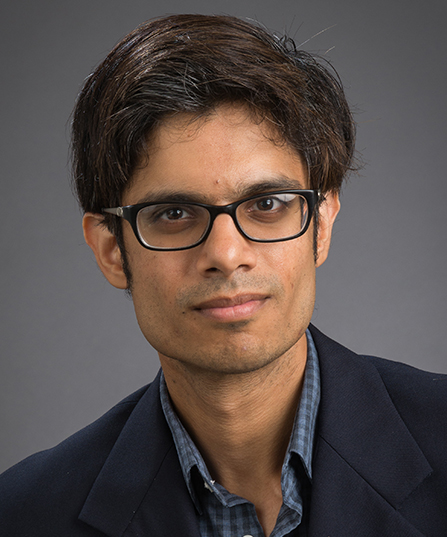
Research Focus: education policy, high-skill immigration, public-works programs
Gaurav Khanna is an associate professor of economics at the School of Global Policy and Strategy whose research focuses on development economics, labor economics and applied econometrics. Many of his current projects concentrate on education policy, high-skill immigration, infrastructure, public-works programs, conflict and crime. He has published multiple papers on education and economic development in India. Prior to joining the School of Global Policy and Strategy, Khanna was a postdoctoral fellow at the Center for Global Development in Washington, D.C., and a consultant for the World Bank’s Poverty and Inequality Unit.
-
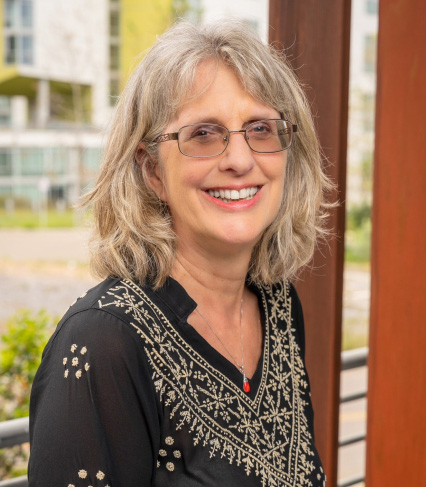
Research Focus: family planning, adolescence, social norms and gender-based violence
Rebecka Lundgren, MPH, Ph.D., is an applied anthropologist with 30 years of experience in implementation science, and expertise in family planning, adolescence, social norms and gender-based violence. She brings broad research experience in sexual and reproductive health in 18 countries including 12 years managing operations research programs in Latin America. She leads Passages, a USAID-funded project designed to bridge the gap between science and effective policy and practice through research, technical assistance and catalytic support for social norms-focused adolescent sexual and reproductive health interventions. She is recognized for innovative mixed-methods approaches to designing, monitoring and evaluating gender transformative programs for youth, with a particular focus on early adolescents. Dr. Lundgren has authored over 35 peer reviewed articles and book chapters.
-
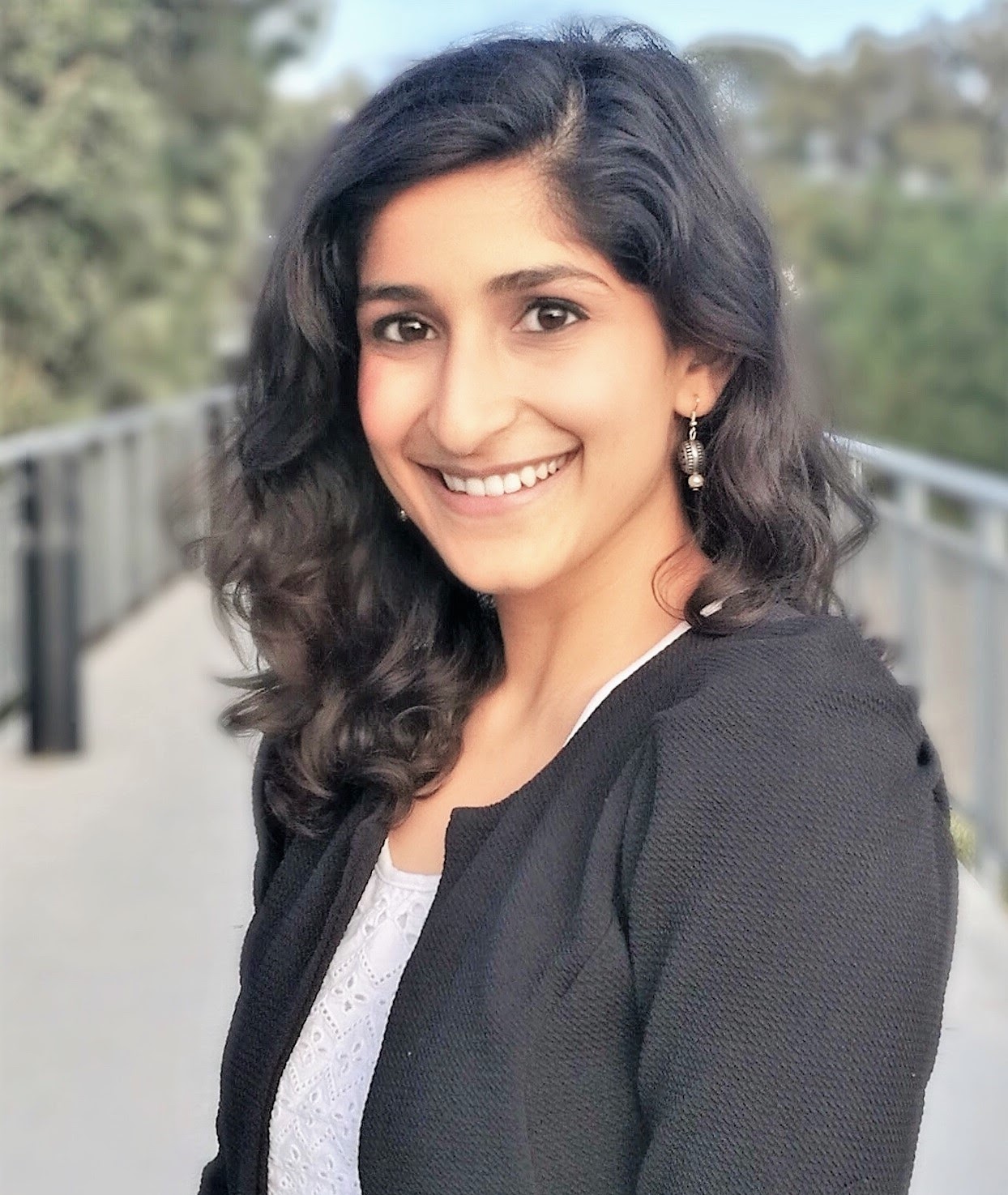
Research Focus: environmental and energy economics, development, and political economy
Meera Mahadevan is an assistant professor at the School of Global Policy and Strategy. She has published articles in journals such as the American Economic Review and the Journal of Public Economics. Mahadevan holds a Ph.D. in economics from the University of Michigan, an M.Sc. in economics for development from the University of Oxford and a B.A. (Hon.) in economics from Delhi University. She is also a faculty affiliate at the Center for Effective Global Action and an invited researcher at the Abdul Latif Jameel Poverty Action Lab, also known as J-PAL.
-
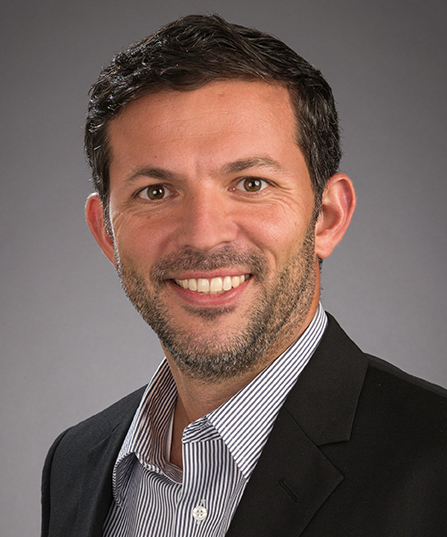
Research Focus: health and environmental economics, sustainable development
Gordon McCord is an associate teaching professor of economics at the School of Global Policy and Strategy. His research on India has included studying health impacts of agricultural technology diffusion, industrial accidents, El Niño Southern Oscillation and climate change. He also directs the SDG Policy Initiative, which does policy advising to governments on data-driven and evidence-based approaches to meeting the Sustainable Development Goals.
-
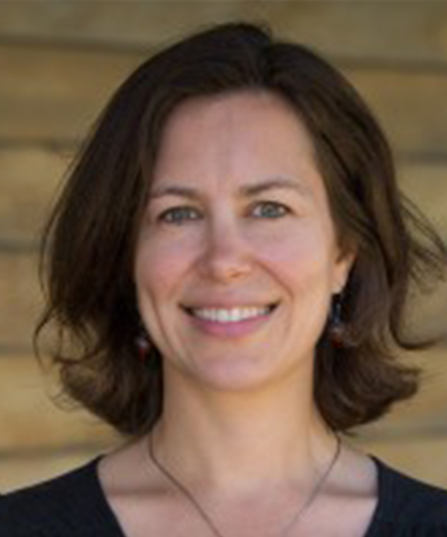
Research Focus: reproductive and maternal health, agency, gender equity, gender-based violence, nutrition and HIV
Lotus McDougal, Ph.D., MPH, is a social epidemiologist with 15 years of experience researching issues of reproductive and maternal health, agency, gender equity, gender-based violence, nutrition and HIV across South Asia, South-East Asia and Sub-Saharan Africa. She has authored more than 50 peer-reviewed publications, conducted research on grants funded by multilateral, government and foundation sources, led multi-country monitoring and evaluation portfolios, coordinated community health education programs in humanitarian settings, and served as a consultant for UNICEF and UNAIDS.
-
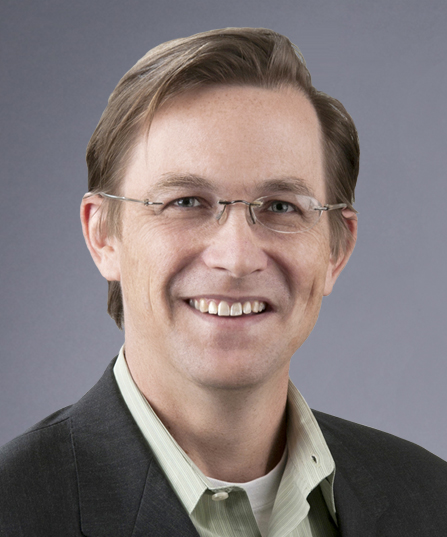
Research Focus: agricultural and resource economics, financial services to micro-entrepreneurs
Craig McIntosh is a professor of economics at the School of Global Policy and Strategy whose expertise focuses on program evaluation. His main research interest is the design of institutions that provide financial services to micro-entrepreneurs. He has conducted field evaluations of innovative anti-poverty policies in Sri Lanka, Mexico, Guatemala, Malawi, Rwanda, Uganda and Tanzania. McIntosh also serves as co-director of the Policy Design and Evaluation Lab at UC San Diego.
-
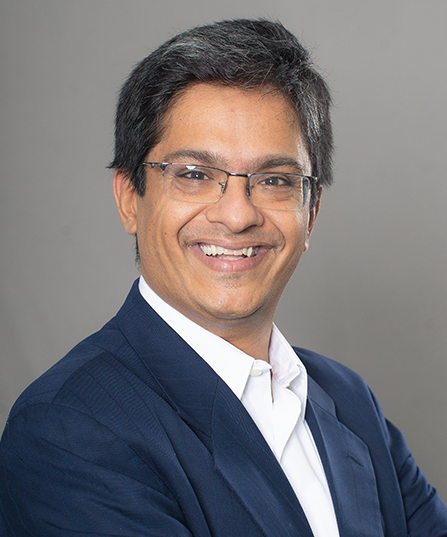
Research Focus: education, health and social protection
Karthik Muralidharan is the Tata Chancellor’s Professor of Economics at UC San Diego. His research spans public finance and development economics with a focus on improving education, health, welfare, and public service delivery, and has been published in several world-leading academic journals. He is the author of the book "Accelerating India's Development" (2024) that sets out a roadmap for doing so. He has also actively engaged in policy advising and capacity building in India at both central and state government levels and in public communication of research insights through several op-eds and podcasts. Muralidharan is also the co-founder and scientific director of the Centre for Effective Governance of Indian States (CEGIS), a nonprofit organization that works with multiple state governments across India to improve state capacity, governance and service delivery.
-
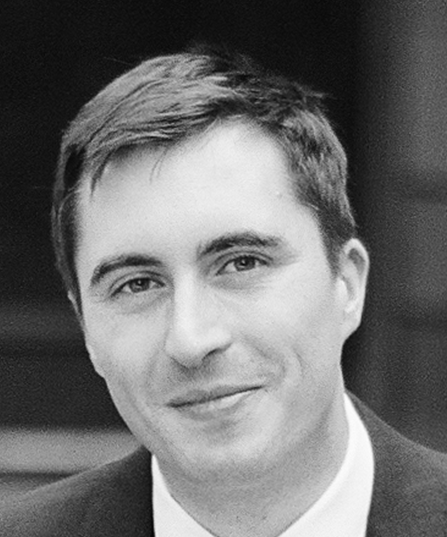
Research Focus: social media's impacts on political attitudes and behaviors in India
Gareth Nellis is an assistant professor in the Department of Political Science who specializes in comparative politics and political economy. His research focuses on political parties, in particular the origins and persistence of weakly institutionalized party systems in India, and the extent to which parties matter for key development outcomes. He has also studied the drivers of discrimination against internal migrants in India’s fast urbanizing settings.
-
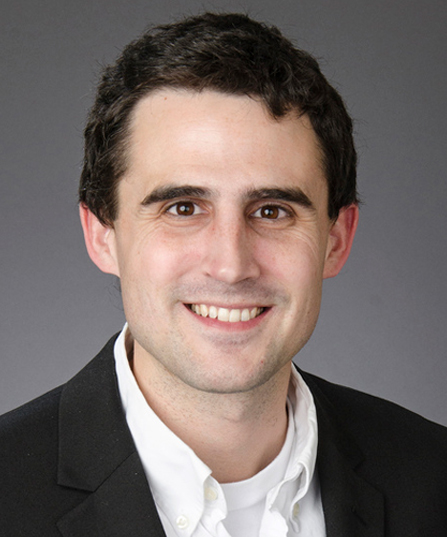
Research Focus: design, implementation and impact of anti-poverty programs
Paul Niehaus is an economist and entrepreneur working to accelerate the end of extreme poverty.
He is Chancellor's Associates Endowed Chair in Economics at UC San Diego and an affiliate of BREAD, CEGA, J-PAL, and the NBER. He is also co-founder of a series of companies working to amplify capital flows to emerging markets. He is co-founder, former president, and current director at GiveDirectly, the leading international NGO specialized in digital cash transfers and consistently rated one of the most impactful ways to give. He subsequently co-founded and served as a director of the enterprise payments company Segovia and the digital remittance company Taptap Send. Niehaus is a recipient of a Sloan Fellowship and has been named a “Top 100 Global Thinker” by Foreign Policy magazine. He holds a Ph.D. in economics from Harvard University.
External Affiliates
-
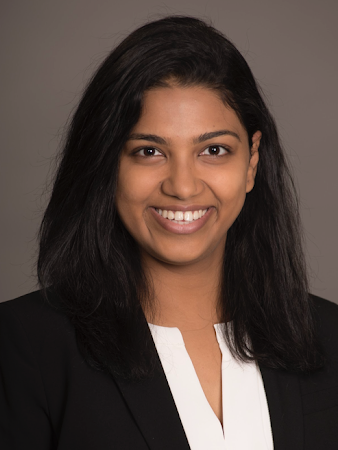
Research Focus: natural resource and environmental economics, urban, agriculture
Sayahnika Basu is an assistant professor in the Department of Economics at James Madison University. Her research focuses on environmental economics with cross-cutting themes in urban, agriculture and development economics. One strand of her research is understanding how erratic weather patterns, natural resource extraction and climate change affects the global south, including India. Another focuses on public good provision and its implication on social as well as environmental justice. She is also the co-organizer of the research seminar series at the 21st Century India Center, UC San Diego. Prior to joining James Madison, she was a postdoctoral scholar in the Department of Economics at UC San Diego.
-
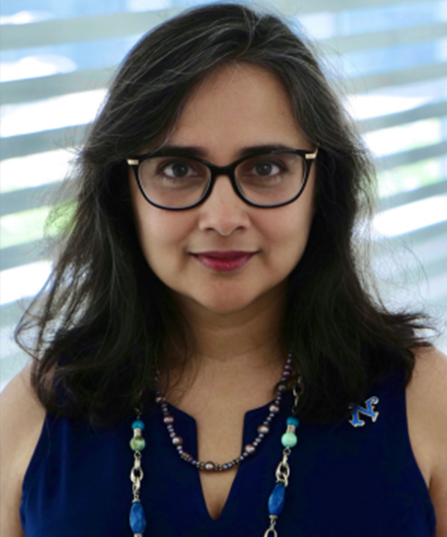
Research Focus: state of gender equity and health in India
Anita Raj is the Executive Director of the Newcomb Institute and the Nancy Reeves Dreux Endowed Chair in the School of Public Health and Tropical Medicine at Tulane University. She is a research scientist trained in developmental psychology and public health with a multi-disciplinary research focus on gender equity in global health and development. She has led federal grant and foundation-funded studies on gender theory and measurement science, sexual and reproductive health, maternal and adolescent health, women’s empowerment, and gender inequalities, including gender-based violence and child marriage.
-
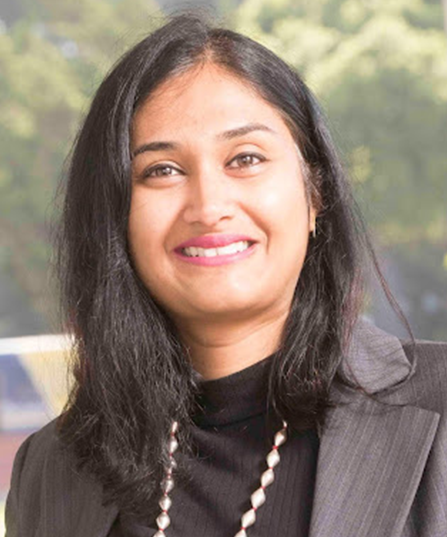
Research Focus: development economics, law and econ, and organizational economics in agriculture
Manaswini Rao is an assistant professor of economics at the Alfred Lerner College of Business and Economics at the University of Delaware. She specializes in development economics with her research interests in the economics of legal institutions (political economy) and organization structures in agricultural production. Her research can be classified into three major buckets. First, she studies the role of frontline judiciary (e.g. district or county courts) and broader dispute resolution institutions in the economic development process. Second, she examines collective action and coordination in improving agricultural productivity in the context of smallholder agricultural production. This spans farmer producer organization structures, technology diffusion and access to and management of local irrigation resources. Third, she studies the structural transformation process of moving from agricultural production into urban and/or non-agricultural sectors from the lens of rural land inequality.
